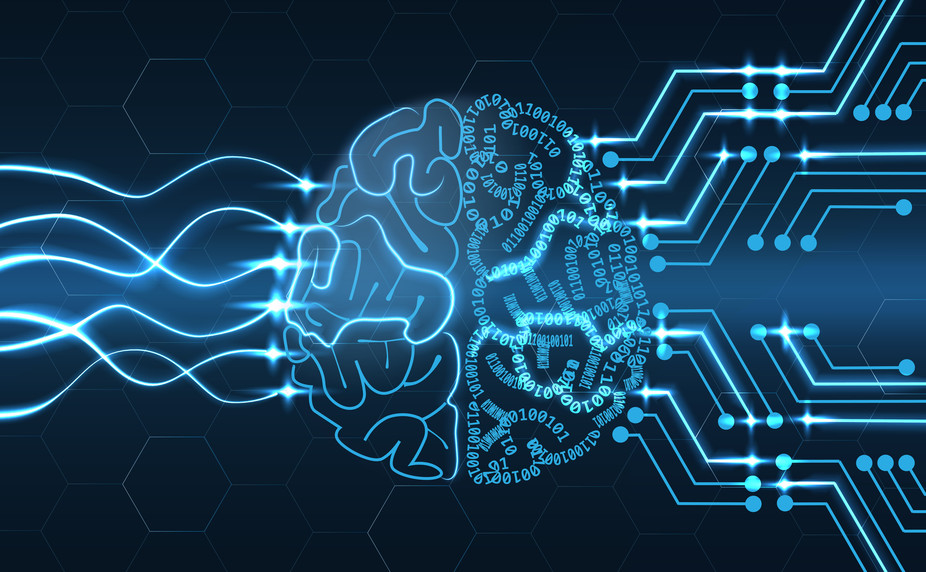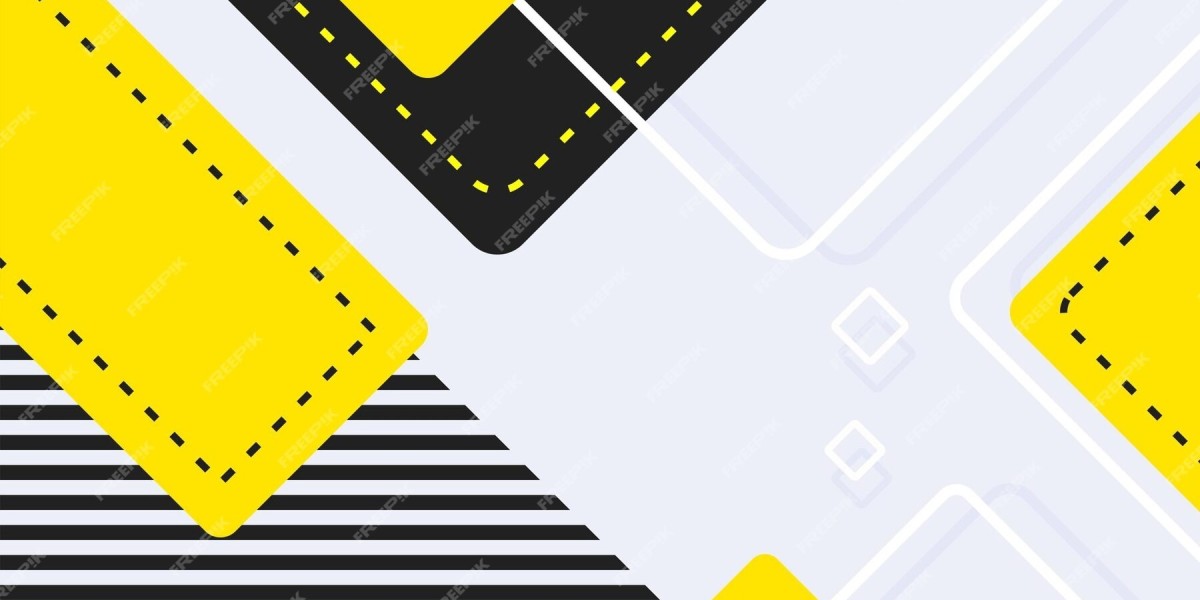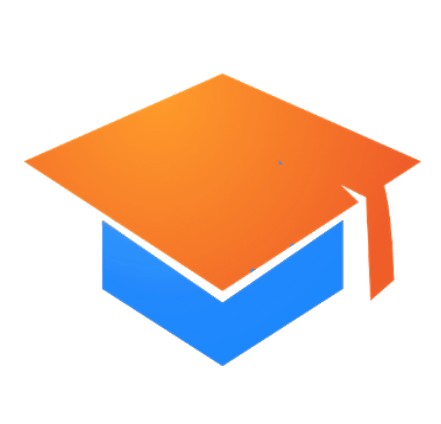
Technology is altering our world at an impressive rate! Its sweeping changes can be discovered all over and they can be referred to as both thrilling, and trademarketclassifieds.com at the exact same time terrifying. Although individuals in many parts of the world are still trying to come to terms with earlier technological transformations together with their sweeping social and academic implications - which are still unfolding, they have been woken up to the truth of yet another digital revolution - the AI revolution.
Expert System (AI) innovation describes the capability of a digital computer system or computer-controlled robot to carry out tasks that would otherwise have been performed by human beings. AI systems are designed to have the intellectual procedures that define people, such as the ability to reason, discover meaning, generalize or find out from past experience. With AI innovation, vast quantities of details and text can be processed far beyond any human capacity. AI can likewise be utilized to produce a huge variety of new material.
In the field of Education, AI innovation includes the prospective to allow new types of teaching, discovering and academic management. It can also boost finding out experiences and support teacher tasks. However, regardless of its positive capacity, AI also poses substantial threats to trainees, the teaching community, education systems and society at large.
What are some of these risks? AI can decrease mentor and discovering processes to estimations and automated jobs in methods that cheapen the role and impact of teachers and compromise their relationships with learners. It can narrow education to only that which AI can process, model and deliver. AI can also worsen the around the world lack of certified teachers through disproportionate costs on technology at the cost of investment in human capability development.
Using AI in education also creates some fundamental concerns about the capability of teachers to act actively and constructively in identifying how and when to make sensible use of this technology in an effort to direct their professional growth, discover options to challenges they face and enhance their practice. Such fundamental concerns consist of:
· What will be the function of teachers if AI innovation become widely implemented in the field of education?
· What will assessments appear like?
· In a world where generative AI systems seem to be developing brand-new capabilities by the month, what abilities, outlooks and competencies should our education system cultivate?
· What changes will be needed in schools and beyond to assist trainees strategy and direct their future in a world where human intelligence and maker intelligence would appear to have ended up being ever more closely connected - one supporting the other and vice versa?
· What then would be the function or function of education in a world dominated by Artificial Intelligence innovation where humans will not necessarily be the ones opening new frontiers of understanding and knowledge?
All these and more are daunting concerns. They require us to seriously consider the issues that occur concerning the application of AI technology in the field of education. We can no longer just ask: 'How do we get ready for an AI world?' We must go deeper: 'What should a world with AI appear like?' 'What roles should this powerful technology play?' 'On whose terms?' 'Who decides?'
Teachers are the primary users of AI in education, and they are expected to be the designers and facilitators of trainees' learning with AI, the guardians of safe and ethical practice throughout AI-rich educational environments, and to function as good example for oke.zone long-lasting learning more about AI. To presume these obligations, instructors require to be supported to develop their abilities to utilize the possible benefits of AI while mitigating its risks in education settings and larger society.
AI tools should never ever be created to change the genuine accountability of instructors in education. Teachers need to stay accountable for pedagogical choices in using AI in teaching and in facilitating its uses by students. For teachers to be accountable at the practical level, a pre-condition is that policymakers, teacher education organizations and schools presume responsibility for preparing and supporting teachers in the proper usage of AI. When introducing AI in education, legal securities must also be developed to protect instructors' rights, and long-lasting monetary commitments require to be made to make sure inclusive gain access to by teachers to technological environments and fundamental AI tools as important resources for adjusting to the AI age.
A human-centered technique to AI in education is crucial - a technique that promotes essential ethical and

useful concepts to help regulate and direct practices of all stakeholders throughout the entire life process of AI systems. Education, given its function to safeguard along with facilitate advancement and learning, has a special responsibility to be completely familiar with and responsive to the threats of AI - both the recognized threats and those only simply appearing. But frequently the dangers are overlooked. Making use of AI in education for that reason requires mindful factor to consider, consisting of an assessment of the evolving roles teachers need to play and the competencies required of teachers to make ethical and reliable use of Artificial Intelligence (AI) Technology.
While AI offers opportunities to support teachers in both teaching along with in the management of discovering procedures, significant interactions between instructors and trainees and human thriving need to remain at the center of the educational experience. Teachers must not and can not be changed by technology - it is crucial to protect teachers' rights and make sure appropriate working conditions for them in the context of the growing use of AI in the education system, in the office and in society at large.










